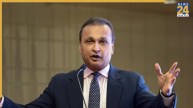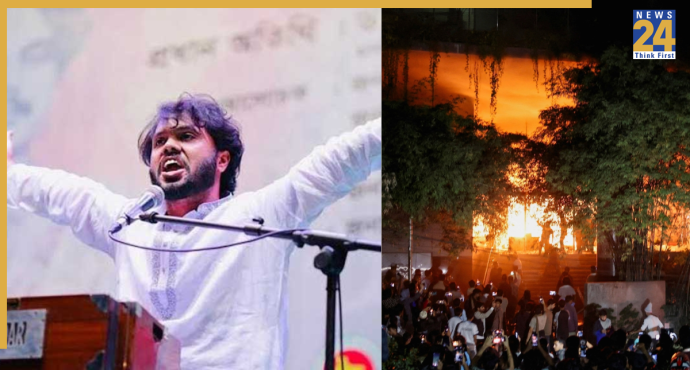New Delhi: A bunch of 30 leading domestic and international startup investors from the online gaming industry including big names like Tiger Global, Peak XV and Steadview Capital drafted a letter to Prime Minister Narendra Modi, concerning the recent decision taken by the GST council to levy 28 per cent tax on the gaming platforms.
Intentions behind the letter
The particular letter is regarding the decision taken by the GST Council of taxing online gaming platforms. With this, industry professional intends on having a brief meeting with PM Modi and relevant officials to discuss the matter in detail.
Through the letter, investors conveyed that the decision has ‘unintended consequences’ of comparing the constitutionally protected lawful online skill gaming industry with malpractices like gambling, betting and other “games of chance.”
The letter read, “We invested in this sector to make India the gaming capital of the world, which would help in generating, among other things, high-skilled jobs, billions in foreign capital and make the country a net exporter of innovation in gaming and allied areas such as animation, artificial intelligence, and visual effects.”
The decision comes after a group of around 130 real-money gaming startup founders, CEOs and industry associations signed an open letter to the Union Government, urging them to reconsider their recently taken decision to levy 28 per cent on the full value of pool deposit, as reported by the Moneycontrol.
Moreover, the investors also expressed their gratitude to the government for the amendment to the Income Tax Act along with Information Technology (Intermediary Guidelines Digital Media Ethics Code) Rules, 2021 (IT rules).
With the help of these two pieces of legislation, a clear line has been drawn between legitimate online gaming activities, betting, gambling and “games of chance” activities and for the transparency it bought within the sector.
In their recent address to the PM, investors also pinpointed the fact, that it could result in the loss of over 50,000 high-skilled jobs and a further loss of livelihood chances for over 1 million Indian citizens, indirectly linked to the industry.













